News
The secret of freezer refrigeration failure
In hot weather, refrigerators are an important tool for people to fight the heat. Popsicles, cold drinks, food ingredients, etc. all need refrigerators to keep fresh. But sometimes when you open the refrigerator, you will find that the temperature is not as low as usual, and the cooling effect is poor. There are complex physical principles and factors behind this. Let’s explore the mystery below.

1. Working principle of freezer refrigeration
(1) The compressor is like a “heart”, sucking in low-temperature and low-pressure refrigerant gas and compressing it into high-temperature and high-pressure gas.
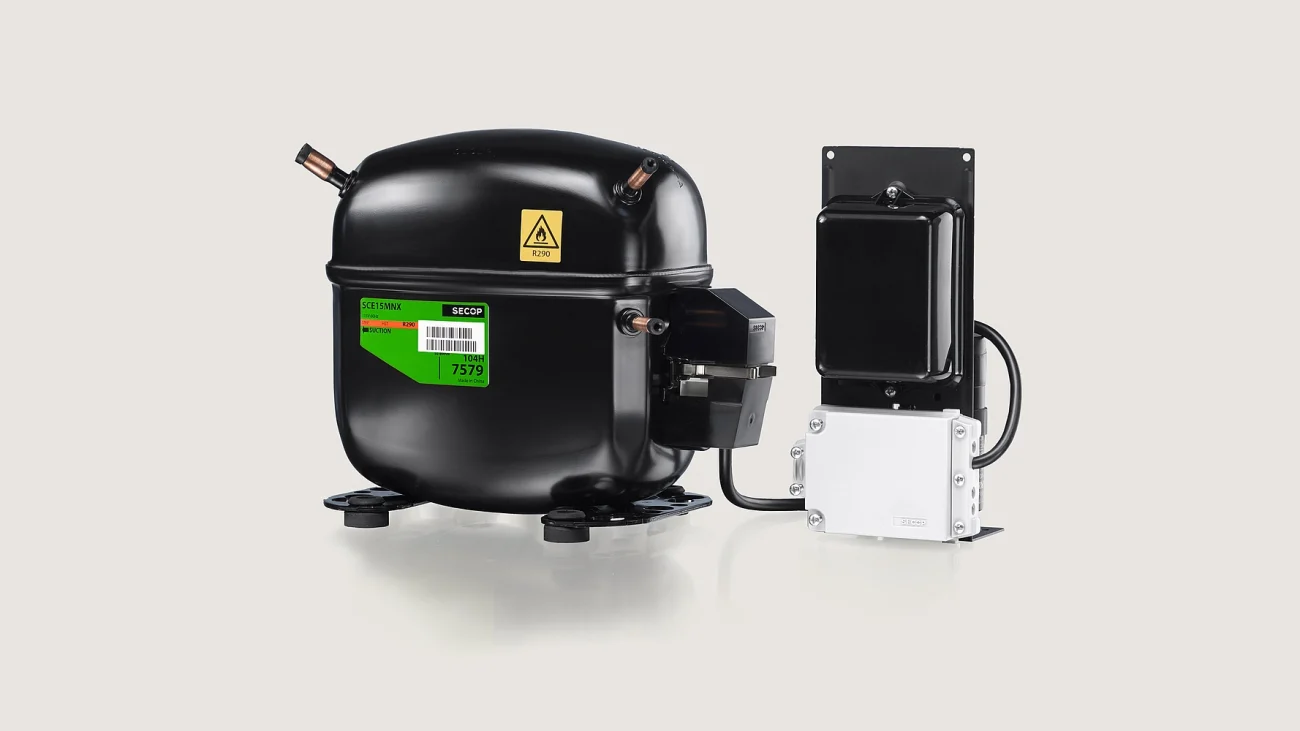
(2) When the high-temperature and high-pressure refrigerant gas enters the condenser, the condenser acts as a “heat release station”, exchanging heat with the outside air through pipes, cooling the refrigerant and condensing it into liquid.

(3) The refrigerant liquid is then throttled and reduced in pressure by the throttle valve to become a low-temperature and low-pressure liquid. In the entire refrigeration cycle, the refrigerant switches between gas and liquid, transports heat, keeps the refrigerator low, and is used to keep items fresh and refrigerated.

(4)When low-temperature, low-pressure refrigerant liquid enters the evaporator, the evaporator acts as a “cold generator”. The refrigerant absorbs heat from the inside of the refrigerator and evaporates into gas, thereby cooling the inside of the refrigerator. Subsequently, the evaporated gas is sucked into the compressor, and a new cycle begins.
2. The impact of high temperature on the refrigeration system of the freezer
After understanding the refrigeration principle of the freezer, we can start from the various components of the refrigeration system to analyze how high temperature weather affects the refrigeration effect of the freezer. The high temperature environment is like a “troublemaker” and will have many negative effects on the refrigeration system of the freezer. Let’s take a closer look at the challenges faced by the compressor, condenser and evaporator under high temperature.
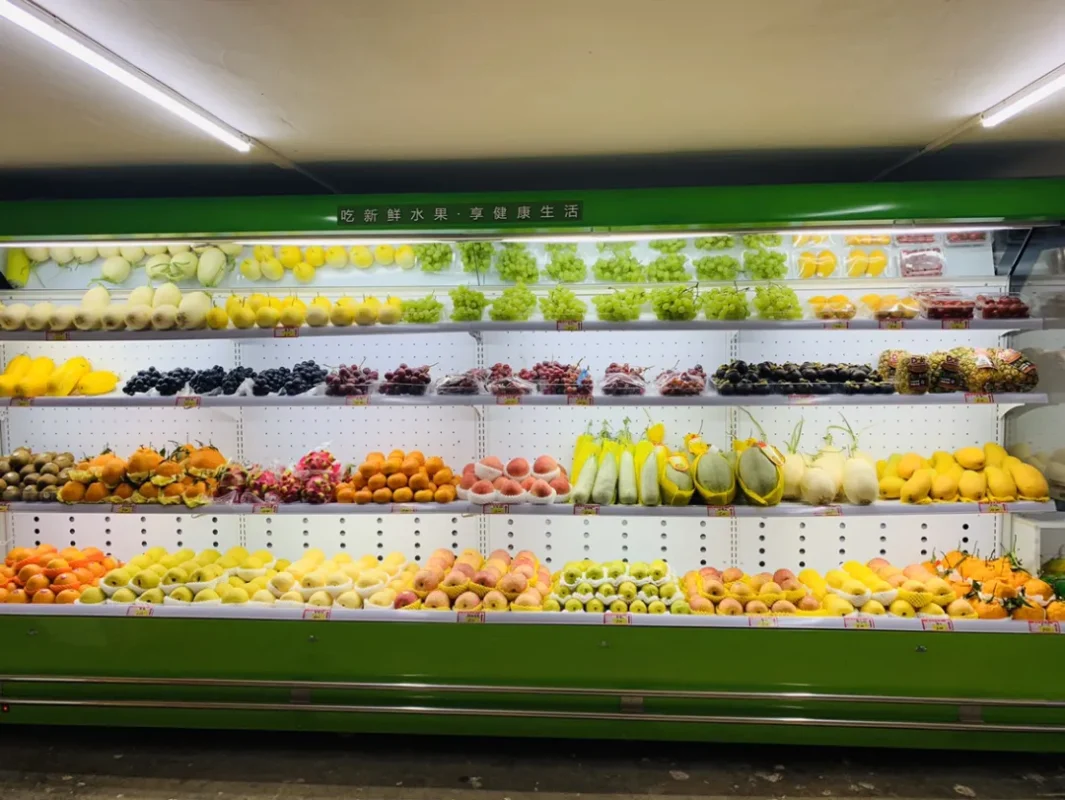
(1) The “difficult challenge” of the compressor
The compressor is the core component of the refrigerator refrigeration system, and its workload increases in hot weather. During normal operation, the heat generated by the compressor needs to be dissipated in time to work normally, but the high temperature environment makes heat dissipation difficult. If the heat cannot be dissipated in time, the compressor temperature will rise. When it reaches a certain level, the overheating protection mechanism will be activated and the operation will be suspended, resulting in the interruption of the refrigeration cycle, affecting the refrigeration effect of the refrigerator or even stopping the refrigeration. In addition, high temperature will reduce the viscosity of the compressor lubricating oil, making its lubrication effect worse, increasing the friction of parts, increasing energy consumption, aggravating wear, and shortening the service life. Long-term high temperature operation will reduce the performance of the compressor, affecting the normal use of the refrigerator.
(2) The “heat dissipation dilemma” of the condenser
The condenser is responsible for dissipating the heat generated by the compression of the refrigerant in the refrigerator refrigeration system. In hot weather, it becomes difficult to dissipate heat. The condenser dissipates heat by heat exchange with the surrounding air. When the air temperature is high, the temperature difference between the condenser and the air becomes smaller. According to the principle of heat transfer, the temperature difference is small and the heat transfer speed is slow, resulting in the refrigerant being unable to fully condense, thereby increasing the pressure of the refrigeration system, affecting the refrigeration cycle, increasing the load of the compressor, and increasing energy consumption. Long-term poor heat dissipation may also cause refrigerant leakage, damage components, and affect the refrigeration effect and service life of the refrigerator.
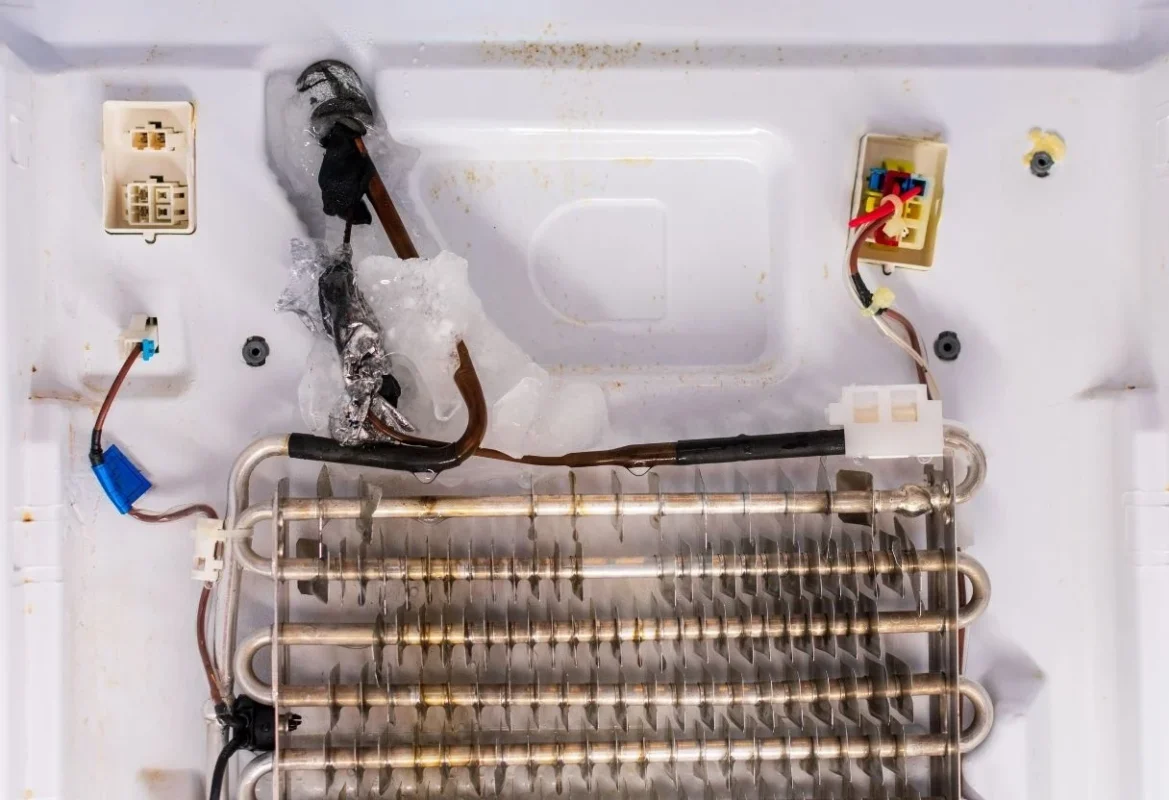
(3)”Frosting Hazard” of Evaporator
The evaporator is a key component of the refrigerator refrigeration. It cools down by absorbing the heat inside the refrigerator to evaporate the refrigerant. In a high temperature environment, the evaporator has a serious frost risk. After the high temperature and high humidity air enters the refrigerator, it encounters the low temperature evaporator surface, and the water vapor quickly condenses into small water droplets. If it is not evaporated in time, it will freeze into frost. The frost layer will hinder the heat exchange between the evaporator and the air in the refrigerator, reduce the heat absorption capacity of the evaporator, make the refrigerator refrigeration effect worse, and cannot effectively keep the refrigerated items fresh. At the same time, frosting will increase the burden on the evaporator, resulting in increased energy consumption. If the frost layer is too thick, it may damage the evaporator and affect the normal operation of the refrigerator.
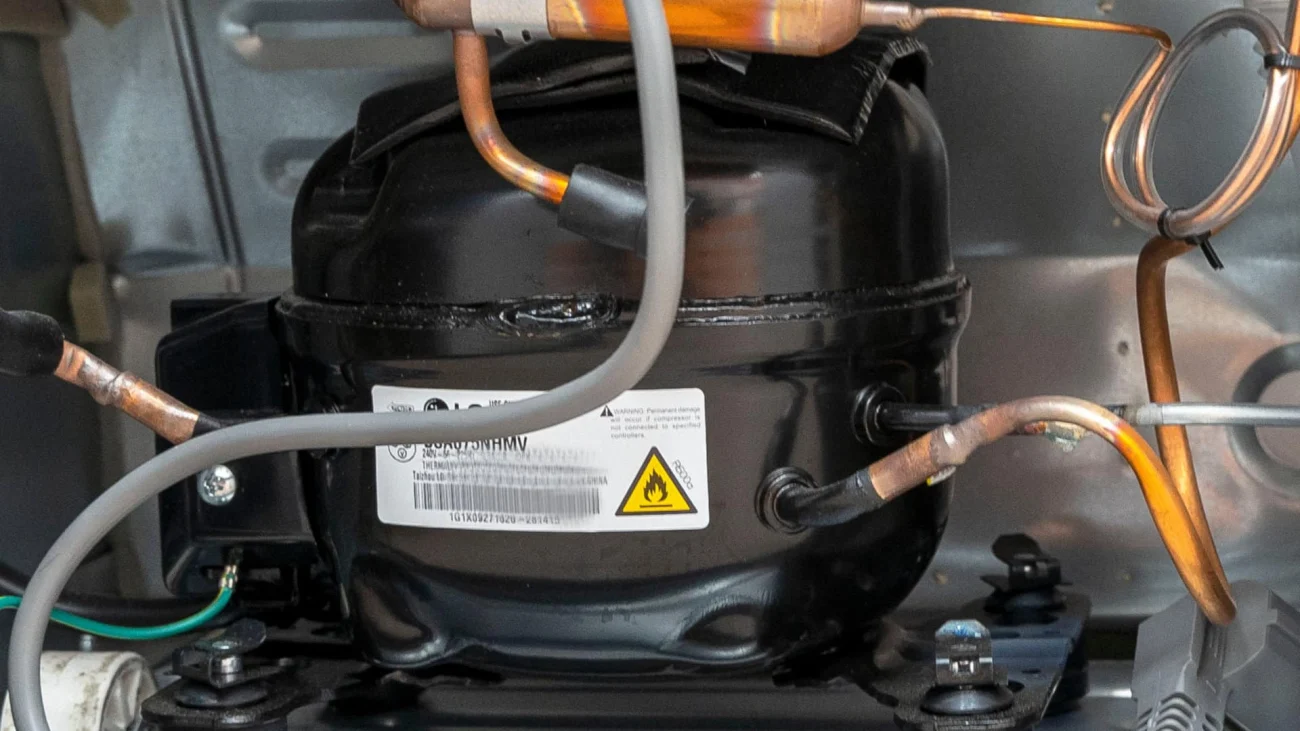
3. Other factors that may cause poor refrigeration
In addition to high temperature, which is the main factor, there are some other factors that may also cause the refrigeration effect of the refrigerator to deteriorate during use. We should not ignore these aspects when troubleshooting.
(1) Faults of the refrigerator itself
The evaporator is a key component of the refrigerator refrigeration system. Faults will affect the refrigeration effect. Leakage will cause insufficient refrigerant and air to enter, hindering the refrigeration cycle; blockage will hinder the flow of refrigerant and reduce the refrigeration capacity. Pipeline blockage is also a common fault. Impurities, dirt, ice, etc. will hinder the circulation of refrigerant. The sealing performance of the refrigerator is also important. The aging, deformation or damage of the sealing strip will cause the sealing to deteriorate and cause the evaporator to frost, affecting the refrigeration. Regular inspection and replacement of the sealing strip is an important measure to ensure the refrigeration effect.

(2) Improper use and maintenance
In daily life, some use and maintenance habits will affect the refrigeration effect of the refrigerator. Overloading the refrigerator will hinder air circulation and heat exchange with the evaporator, affecting refrigeration. Frequent opening and closing of the refrigerator door will cause hot air to flow in and cold air to flow out, increasing the energy consumption and working frequency of the compressor, and will also cause the evaporator to frost, reducing the refrigeration effect. After the refrigerator has been used for a period of time, dust and dirt will accumulate on the surface of the condenser and evaporator, affecting heat dissipation and heat exchange. It may also corrode components and shorten their service life, so they need to be cleaned regularly.

4. Solutions to the problem of poor refrigeration performance of refrigerators under high temperatures
Faced with the problem of poor refrigeration performance of refrigerators under high temperatures, we are not helpless. By taking some effective measures, we can help refrigerators better cope with high temperature challenges and maintain good refrigeration performance. Here are some practical solutions.

(1) Optimize the use environment
First, choose a suitable location for the refrigerator. The refrigerator should be placed in a well-ventilated place to ensure that the surrounding air can circulate freely, which can help the condenser to dissipate heat better. At the same time, avoid placing the refrigerator in direct sunlight. Direct sunlight will increase the ambient temperature around the refrigerator and increase the heat dissipation burden of the refrigerator. If conditions permit, you can install a sunshade for the refrigerator to block sunlight.
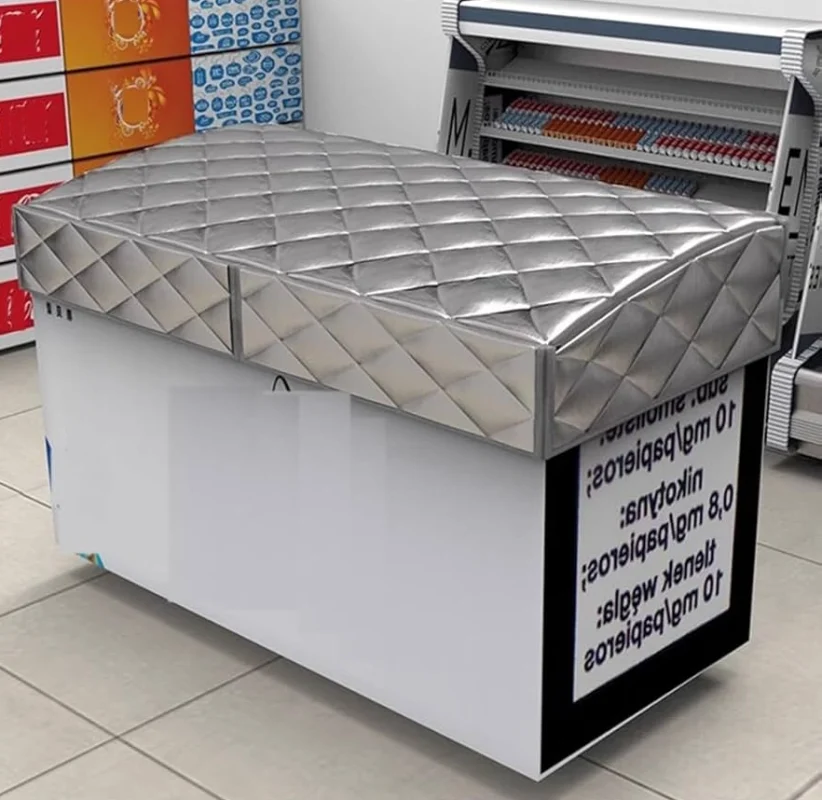
(2) Regular maintenance
Regular maintenance of refrigerators is critical to ensure refrigeration effect and extend service life. The condenser is an important heat dissipation component. After long-term use, dust and dirt will accumulate on the surface, affecting heat dissipation. It is recommended to clean it with a soft brush or vacuum cleaner about once a month. If the dirt is stubborn, it can be cleaned with a neutral detergent. After cleaning, it needs to be rinsed and completely dried before powering on.

(3) Repair faults in time
If the refrigeration effect of the refrigerator is found to be poor, after investigation, it is determined that it is caused by the refrigerator itself, such as evaporator leakage, pipe blockage, etc., and professional maintenance personnel should be contacted for repair in time. During the repair process, regular maintenance organizations and accessories should be selected to ensure the quality of the repair. After the repair is completed, the refrigerator should be fully inspected to ensure that the refrigerator has restored its normal refrigeration performance.

